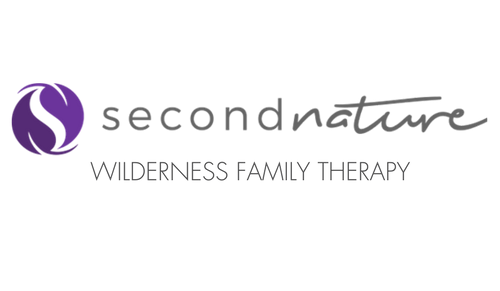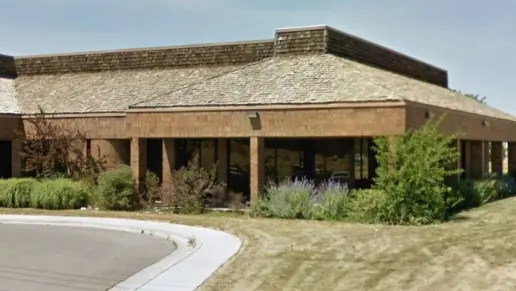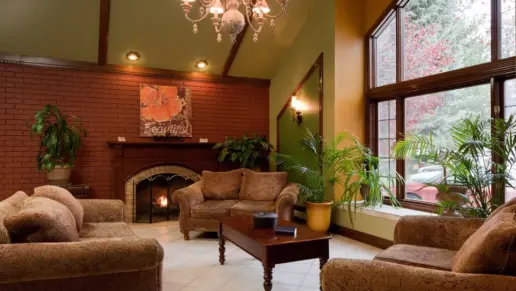About Liberty Addiction Recovery Centers | Rehab Center Salt Lake City
Liberty Addiction Recovery Centers in Salt Lake City is an addiction treatment facility that offers residential and outpatient treatment. The staff provides specialized trauma informed care and uses evidence based therapies to heal the root cause of your addiction. Additional services available at this facility include education support, employment support and goal setting services.
Gender Responsive Residential Treatment
Initial treatment may begin with detox before clients move on to residential treatment. This facility is unique in that it’s one of the few single-gendered full time residency programs in Utah. Gender responsive care can allow staff to better target treatment to their clients, and clients to be more open in sharing their experiences with addiction.
Programs To Prepare For Post Treatment Success
I like that this facility puts emphasis on preparing clients for life after treatment. In the life visioning and goal setting service, clients receive help creating a 5 year plan of action they can focus on to avoid relapse.
The facility can help clients put their goals into action through their employment preparation program. You’ll receive education on topics such as basic literacy, computer skills and personal hygiene. Additional skills that will be focused on include honesty, punctuality, and work ethic.
The stigma associated with individuals who’ve struggled with substance use can sometimes make finding a job more difficult. Liberty Addiction Recovery Centers has partner employer groups that clients can connect with to gain access to job opportunities.
A Sober Lifestyle in Salt Lake City
A part of living a sober lifestyle is finding new activities you can do for enjoyment. Salt Lake City has various activities around town that you can try. Some options you might consider include hiking at Lake Mary Trail or exploring the Natural History Museum of Utah.
Rehab Score
Gallery
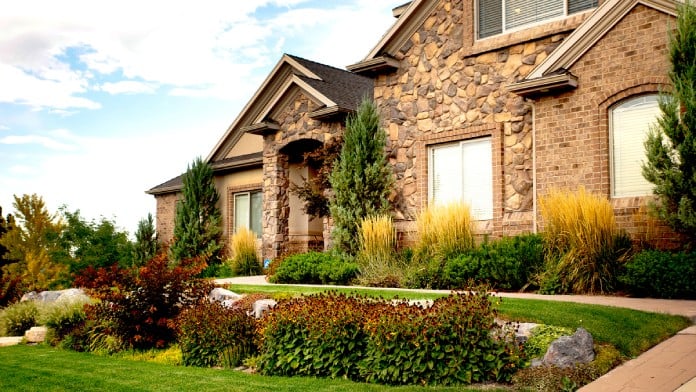
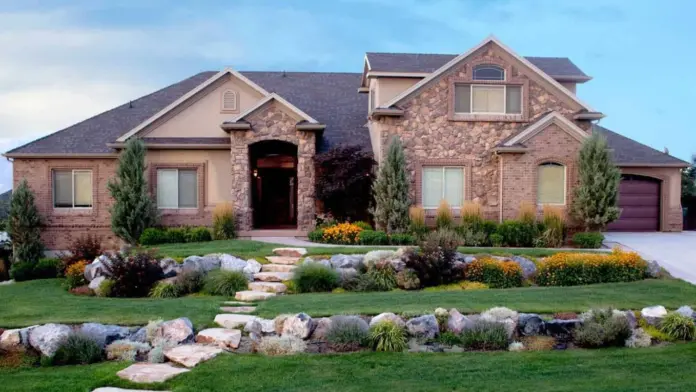
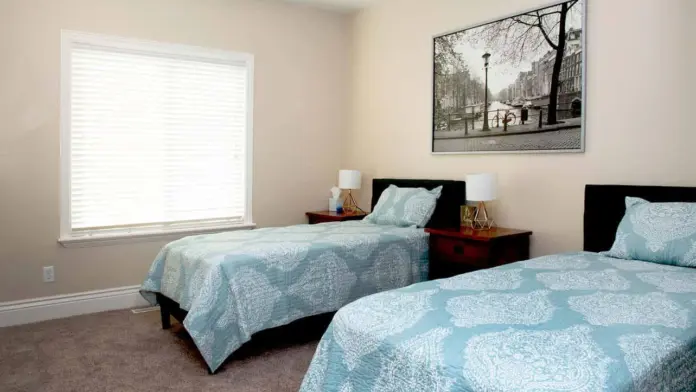
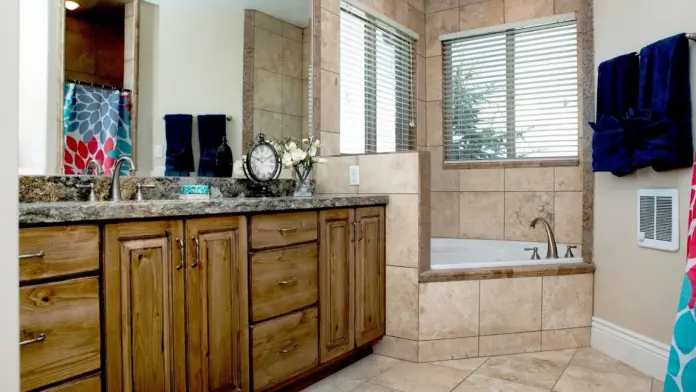

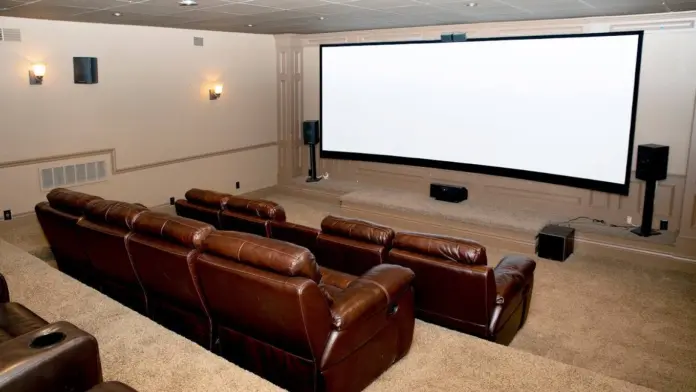
Location
Accepted Insurance



Other Forms of Payment
Private insurance refers to any kind of healthcare coverage that isn't from the state or federal government. This includes individual and family plans offered by an employer or purchased from the Insurance Marketplace. Every plan will have different requirements and out of pocket costs so be sure to get the full details before you start treatment.
Self-pay involves paying for treatment out of your own pocket. You can use savings or credit, get a personal loan, or receive help from family and friends to fund your treatment. If you don't have insurance or your insurance plan doesn't cover a specific program, self-pay can help ensure you still get the care you need.
Financial aid can take many forms. Centers may have grants or scholarships available to clients who meet eligibility requirements. Programs that receive SAMHSA grants may have financial aid available for those who need treatment as well. Grants and scholarships can help you pai for treatment without having to repay.
Medicaid is a state based program that helps lower-income individuals and families pay for healthcare. Medicaid covers addiction treatment so those enrolled can use their coverage to pay for rehab. When a program accepts Medicaid the client often pays very little or nothing out of their own pocket.
Military members, veterans, and eligible dependents have access to specific insurance programs that help them get the care they need. TRICARE and VA insurance can help you access low cost or no cost addiction and mental health treatment. Programs that accept military insurance often have targeted treatment focused on the unique challenges military members, veterans, and their families face.
Addiction Treatments
Levels of Care
Programs


Clinical Services
Therapists may use cognitive behavioral therapy (CBT) in Utah to address substance use and mental health disorders. The main focus is to change thinking patterns, which leads to behavioral change. Subtypes of CBT include exposure therapy, dialectical behavior therapy, and acceptance commitment therapy.
During dialectical behavior therapy in Utah, you'll work on developing four main skills. Interpersonal effectiveness helps you manage your relationships. Mindfulness keeps you present in the current moment rather than worry or regret. Distress tolerance helps you accept emotions. Emotional regulation gives you the tools you need to successfully manage intense emotions.
Community building is an important aspect of group therapy sessions in Utah. The sense of community building among participants encourages more transparent sharing of experiences in a judgment free environment. You create strong bonds with the people in your group that support your journey to recovery.
During individual therapy, men and women in Utah work with their therapists to build healthier daily habits and create coping strategies to manage stress. These are two components necessary for sustained sobriety and improved overall health.
The foundation of motivational interviewing in Utah rests on four pillars: partnership, evocation, acceptance, and compassion. The therapist collaborates with the client, encouraging them to explore their options and make informed decisions about making changes in their lives.
Trauma therapy addresses the psychological impact of traumatic events. Together with a therapist, you identify the impact that trauma has had on your life and the factors that trigger emotional and physical responses. You develop better coping mechanisms to rebuild a sense of safety and trust in your life.
Couples at any stage of their relationship may benefit from couples therapy in Utah. It is designed to keep relationships on the right path by teaching both partners healthy forms of communication and conflict resolution.
Family therapists work with all members of the family unit to understand the impact that addiction has had on the family collectively and individually. Together they develop strategies to help their loved one recover. The therapist facilitates open discussions between family members to help build resilience and improve interactions. Ultimately, this supports their loved one's path to sobriety.
Life skills training helps you handle the daily obligations of work, school, and family. It rebuilds your self awareness and self confidence so you can face these challenges with healthy coping strategies rather than succumb to relapse.
Amenities
-
Residential Setting
-
Private Rooms
-
Hiking
-
Mountain Views
-
Walking Trails
Accreditations

The Joint Commission, formerly known as JCAHO, is a nonprofit organization that accredits rehab organizations and programs. Founded in 1951, the Joint Commision's mission is to improve the quality of patient care and demonstrating the quality of patient care.
Joint Commission Accreditation: Yes
Contact Information
15257 2765 W
Bluffdale, UT 84065






